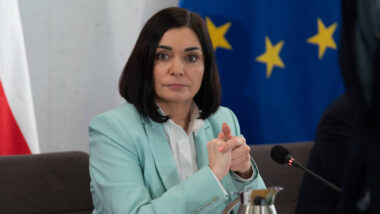Privacy International und EPIC haben heute die „Privacy and Human Rights global study 2005“ vorgestellt. Dies ist ein Ranking von Staaten anhand von Kriterien, wie stark der Datenschutz in den jeweiligen Ländern ist. And the winner is: Deutschland. Man mag es ja kaum glauben von unserer Perspektive aus, aber anscheinend ist es überall sonst noch schlimmer. Es dürfte aber auch interessant sein, die nächsten Jahre zu verfolgen, wenn Schäuble mit seiner Datenschutz-Abbau Kampagne weiter Erfolg hat. Bei der Pressefreiheit ist Deutschland ja auch innerhalb kurzer Zeit relativ schnell weiter hinten gerankt worden.
Hier sind mal ein paar Fakten aus dem Report:
* The two worst ranking countries in the survey are Malaysia and China. The highest-ranking countries are Germany and Canada.
* In terms of statutory protections and privacy enforcement, the US is the worst ranking country in the democratic world. In terms of the health of national privacy protection, the US has been ranked between Thailand and Israel.
* The worst ranking EU country is the United Kingdom, which fell into the “black” category along with Russia and Singapore. The black category defines countries demonstrating “endemic surveillance”.
* Despite having no comprehensive national privacy law, the United States scored higher than the UK. Thailand and the Philippines also scored higher than the UK.
* Argentina scored higher than 20 of the 25 EU countries.
* Australia ranks higher than Slovenia but lower than Lithuania and Argentina. New Zealand ranks higher than Australia and has an equivalent ranking to the Czech Republic.
Es gibt verschiedene Country-Reports auf der PI-Seite zu finden. Weiter gibt es verschiedene PDF-Dateien für den Allgemeinen Report.
Commenting on the findings Privacy International’s Director, Simon Davies, said: “This is damning evidence that privacy is being destroyed by the very nations that proclaim to respect our rights. “




8 Ergänzungen
Dieser Artikel ist älter als ein Jahr, daher sind die Ergänzungen geschlossen.